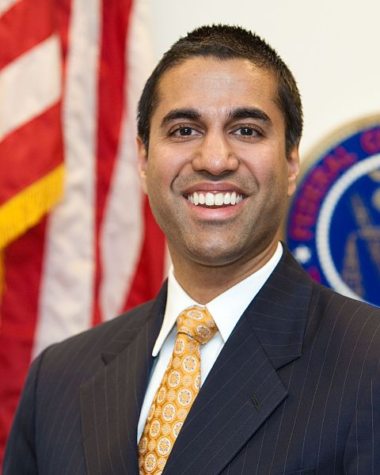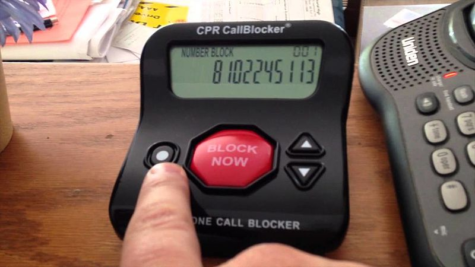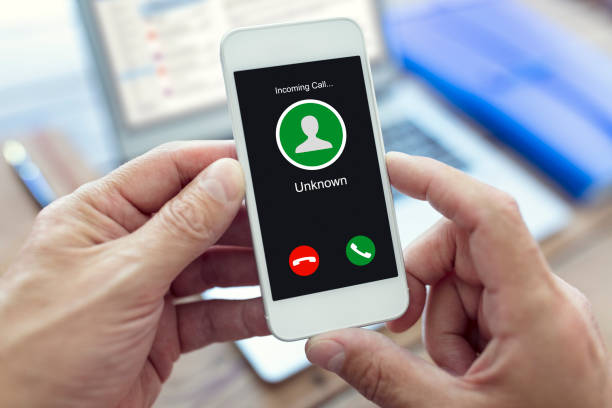1-800 Do Not Answer — The Surge in Spam Calls
Daily spam calls are taking over our phones.
While some calls may show up as unknown, you can never rule out if it is a loved one calling or just another spam call.
An eight-year-old girl answers the phone and on the other end of the line she is being told that the family car will be repossessed because the insurance has supposedly not been paid. Immediately, she begins panicking and crying. While that girl may not have been you, we have all picked up a call from an unknown number to discover it is a spam call. In recent years, spam calls have become a daily annoyance for many Americans.
A February 2021 Insider survey conducted on SurveyMonkey Audience found that 24% receiving them multiple times per week, while 46% of Americans reported receiving spam phone calls on their cell phone every day. Spam calls impact everyone: men (76%) and women (78%), old (85%) and young (66%), rich (72%) and poor (71%). Most people don’t even bother to answer their phones unless they recognize the caller. “Sometimes, we don’t even pick up the phone because we think it’s a spam call,” Sirajum Munira ’24 said about her household. “At this point, it’s just becoming a major inconvenience.”
The ability to call without traceable origins has allowed these robocallers to bother everyday Americans. “I don’t like spam calls and they are a bother to everyday individuals,” Nicholas Samowitz ’24 said. The financial profit is an additional reason for the abundance of the calls. It is simply incredibly profitable to use spam calls to drive business whether the caller is a scammer trying to bulk money or an actual business using telemarketing to increase sales.
The legal situation of America is the biggest reason for the number of calls Americans receive each week. At the moment, telemarketers get away with constant calls to your phone unscathed. In addition, companies that benefit from an unregulated robocall environment are enormously powerful compared to the pro-consumer groups. An Insider analysis found that the federal lobbyists employed by pro-robocall businesses outnumbered the anti-robocall consumer groups’ lobbyists by a factor of 100 to 1.
In addition to lobbyists, Ajit Pai, the chairman of the Federal Communications Commission during the Trump administration, is responsible for the abundance of calls because he failed to uphold rules that were meant to crack down on robocalls. A 2015 anti-robocalling rule instituted by the FCC during the Obama administration expanded the definition of an “autodialer” to include any devices that had the capacity to make robocalls, even if they hadn’t been modified to do so. However, when Mr. Pai arrived at the White House, he deemed the law unnecessary.

In 2018, the U.S. Court of Appeals for the District of Columbia Circuit found the 2015 rule to be too broad and thus struck it down. The judges were concerned that, under this expanded definition, any smartphone could be classified as an autodialer since there are apps you can download to make robocalls. Pai celebrated this ruling and showed his support by issuing a statement praising the judges for the decision Friday, calling the now-vacated rule “yet another example of the prior FCC’s disregard for the law and regulatory overreach.”
While the government has not made any improvements to the surplus of robocalls, there is a way to limit calls. The national “Do Not Call” list protects landline and wireless phone numbers. You can register your numbers on the National Do Not Call Registry, which is supposed to prevent unwanted telemarketers, by calling 1-888-382-1222 (voice) or 1-866-290-4236 (TTY). You must call from the phone number you wish to register. However, this is essentially a volunteer effort: if you submit your phone number to the registry, legitimate businesses are officially prohibited from sending sales calls to your line. And all of those less-than-legitimate businesses that seem to be making the majority of spam calls? Yes, you can guess how effective the registry is with those.
In the past, spam calls were done on landlines. However, that has quickly changed. In the past, if your home phone was a traditional landline that didn’t use the internet, you could buy and install a call-blocking device, a small box attached to your phone. Some devices use databases of known scam numbers but let you add numbers you want blocked. Today, there are various apps available on smartphones to help counter the surge of spam calls. The shift from landline phones to cell phones is a tragic one because now robocallers never leave you alone when you are home or when you are on the road.

(Hixx, CC BY-SA 4.0 <https://creativecommons.org/licenses/by-sa/4.0>, via Wikimedia Commons )
Americans are united in their hatred of spam calls. The bottom line is that a combination of financial incentives and political interference are allowing robocallers to continue to access the phones of everyday Americans. Currently, Americans are forced to succumb to these everyday robocalls as another botherance to everyday life.
“Sometimes, we don’t even pick up the phone because we think it’s a spam call,” Sirajum Munira ’24 said about her household. “At this point, it’s just becoming a major inconvenience.”
Niha Roy is a Managing/Advisory Editor and a Staff Reporter for ‘The Science Survey.' She enjoys writing articles about issues and groups of people whom...











